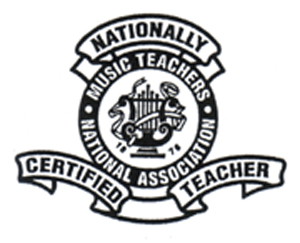|
Performance psychology is a very interesting field and important topic for performers of all sorts (musicians, athletes, public speakers, etc). There are many approaches to building and maintaining confidence under pressure. Here are a few of my thoughts on preparing for a successful performance:
0 Comments
Leave a Reply. |
AboutElizabeth Borowsky is a pianist, teacher, and composer. She is a Nationally Certified Teacher of Music in Piano (Music Teachers National Association). SubscribeCategories
All
Archives
May 2023
|
Location |
|



 RSS Feed
RSS Feed